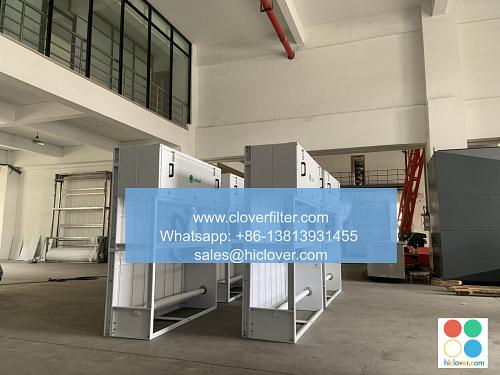The Evolution of Data Breaches: How Air Filter’s Policy Can Help Prevent Them

Data breaches have become an unfortunate reality in today’s digital landscape. As technology advances, so do the methods used by hackers to exploit vulnerabilities and gain unauthorized access to sensitive information. In this article, we will explore the evolution of data breaches, the importance of cybersecurity and data protection, and how Air Filter’s policy can help prevent them.
Understanding Data Breaches
A data breach occurs when sensitive, protected, or confidential data is accessed, stolen, or compromised without authorization. This can happen through various means, including phishing attacks, malware infections, password cracking, and unsecured networks. The consequences of a data breach can be severe, resulting in financial losses, reputational damage, and legal liabilities.
The Evolution of Data Breaches
Over the years, data breaches have evolved in terms of sophistication, frequency, and impact. Some of the notable trends include:
* Increased use of artificial intelligence (AI) and machine learning (ML) by hackers to launch targeted attacks
* Rise of IoT-based attacks, exploiting vulnerabilities in Internet of Things (IoT) devices
* Growth of cloud-based attacks, targeting cloud infrastructure and cloud-based services
* More frequent and severe ransomware attacks, using cryptographic techniques to encrypt and extort data
Air Filter’s Policy: A Proactive Approach to Data Protection
Air Filter’s policy is a comprehensive framework that outlines best practices for preventing data breaches. The policy focuses on:
* Implementing robust access controls, including multi-factor authentication (MFA) and role-based access control (RBAC)
* Conducting regular security audits and risk assessments to identify vulnerabilities
* Providing ongoing employee training and awareness programs to prevent social engineering attacks
* Implementing incident response and disaster recovery plans to minimize the impact of a breach
Air Filter’s policy can be applied to various industries and organizations, including:
* Financial institutions, to protect sensitive customer data and prevent financial fraud
* Healthcare organizations, to safeguard patient data and prevent medical identity theft
* E-commerce companies, to protect customer transactions and prevent payment card breaches
* Government agencies, to protect sensitive information and prevent cyber espionage
Best Practices for Preventing Data Breaches
In addition to implementing Air Filter’s policy, organizations can follow best practices to prevent data breaches, including:
* Using strong passwords and password management tools
* Keeping software and systems up-to-date with the latest security patches
* Implementing encryption and tokenization to protect sensitive data
* Conducting regular penetration testing and vulnerability assessments
Conclusion
Data breaches are a growing concern for organizations of all sizes and industries. By understanding the evolution of data breaches and implementing a proactive approach to data protection, such as Air Filter’s policy, organizations can reduce the risk of a breach and protect their sensitive information. Remember, cybersecurity and data protection are ongoing processes that require continuous monitoring, evaluation, and improvement to stay ahead of emerging threats. Prompt

